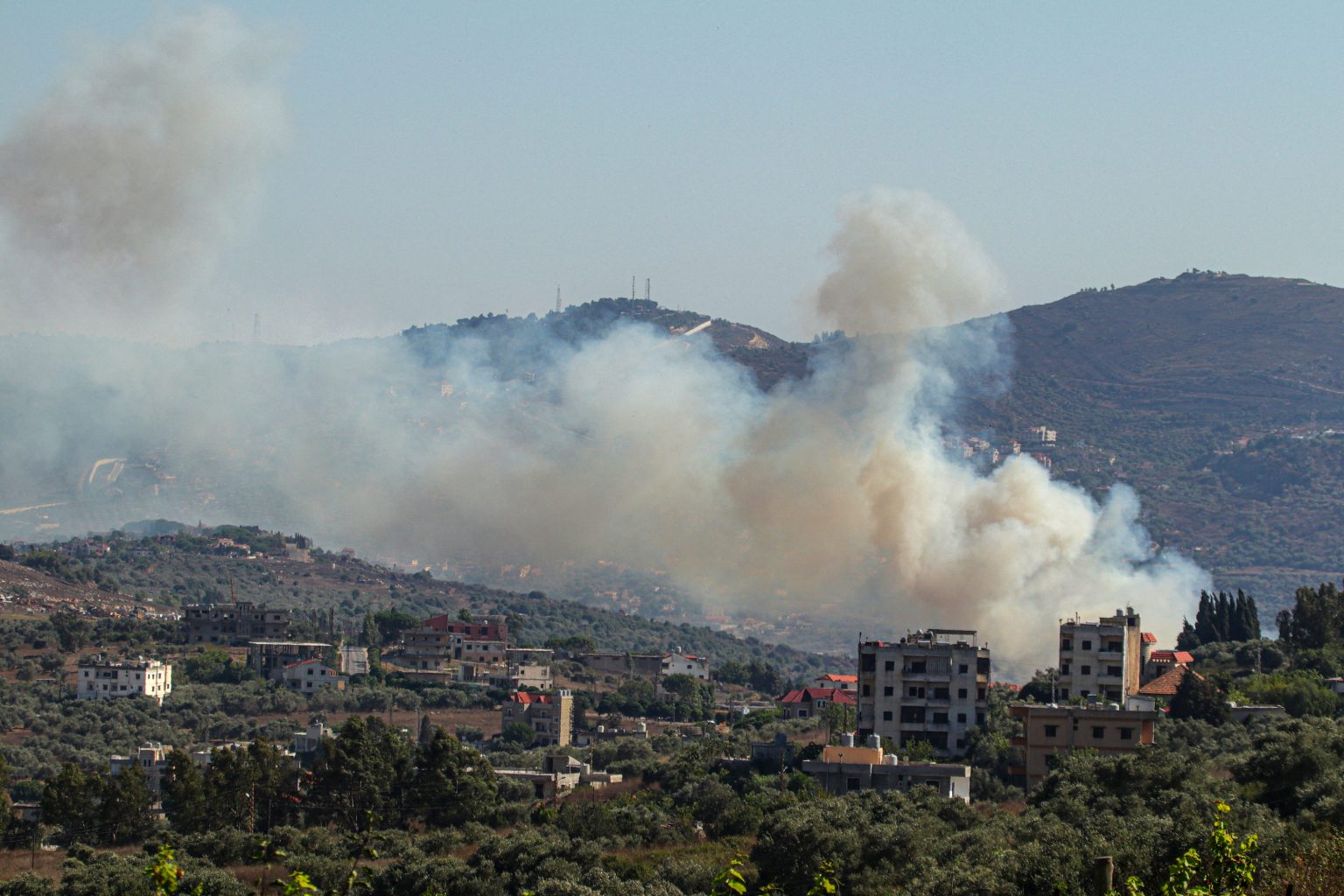Between August 2006 and October 2023, the Israeli-Lebanese border region remained relatively stable despite occasional rocket attacks and mortar rounds. The establishment of an unwritten regime of deterrence after the 2006 war between Israel and Hezbollah helped maintain peace. However, tensions escalated in October 2023 when Hamas invaded southern Israel, followed by Hezbollah targeting small towns and cities in Israel’s far north. Hezbollah aimed to force Israel to divert troops from Gaza to the north, without sparking a full-scale war in Lebanon. The risk of a deadly strike altering the calculus of the combatants and triggering a full-scale war has been a cause for concern.
The Biden administration has been working to prevent escalation in the region, especially following a rocket strike in the Israeli-occupied Golan Heights that killed a dozen children. Israeli politicians expressed strong reactions, indicating a growing sense of urgency to respond to Hezbollah’s actions. In response to another civilian being killed in a rocket attack in northern Israel, Prime Minister Netanyahu authorized a drone strike targeting a senior Hezbollah military official in Beirut. The strike was in retaliation for the attacks from Hezbollah on Israeli territory, including the deadly strike on the soccer pitch.
The White House has expressed confidence that Israel will carefully tailor any military operation to prevent a large-scale war from unfolding. Despite predictions of an all-out war over the past 10 months, both Israel and Hezbollah have reasons to avoid escalating the conflict to that extent. Israel is heavily engaged in the Gaza conflict and faces challenges in defeating Hamas, while Hezbollah is facing a decline in popularity in Lebanon and does not want to be seen as bringing further destruction to the country. The decision of whether emotional urges for revenge or strategic interests will prevail will determine the outcome of the situation.
It is difficult to see how a full-blown conflict would benefit either Israel or Hezbollah, given the current circumstances and challenges they face in their respective conflicts. The ongoing war in Gaza and the need for Israel to ensure the safety and well-being of displaced civilians in the north make a full-scale war with Hezbollah a risky proposition. Hezbollah, facing declining popularity and challenges in Lebanon, also has reasons to avoid escalating the conflict. The dynamics between the two parties will determine whether the situation intensifies or if they can restrain themselves from further escalation. The decisions made by both Israel and Hezbollah in the coming days will have significant implications for the region.








